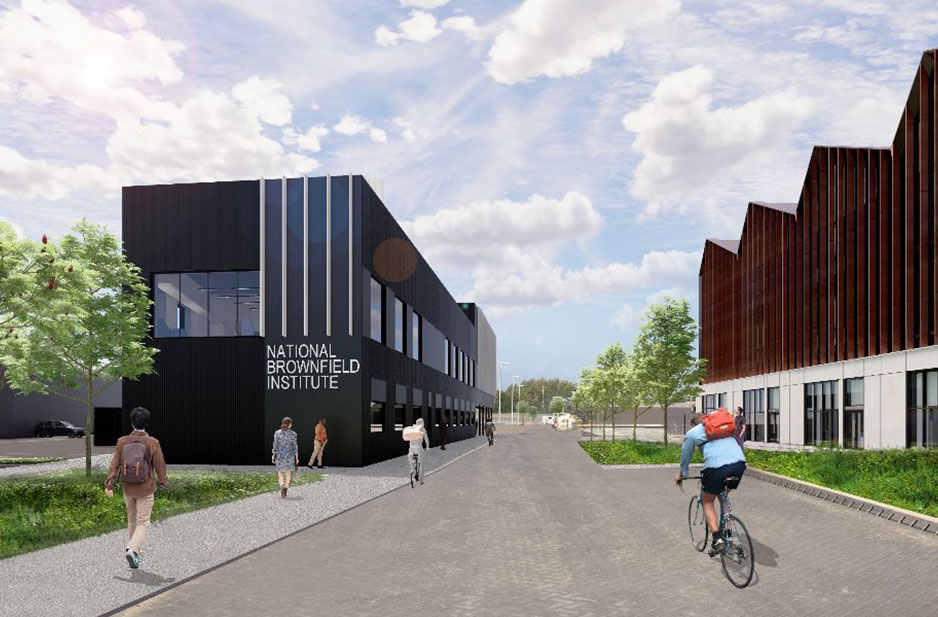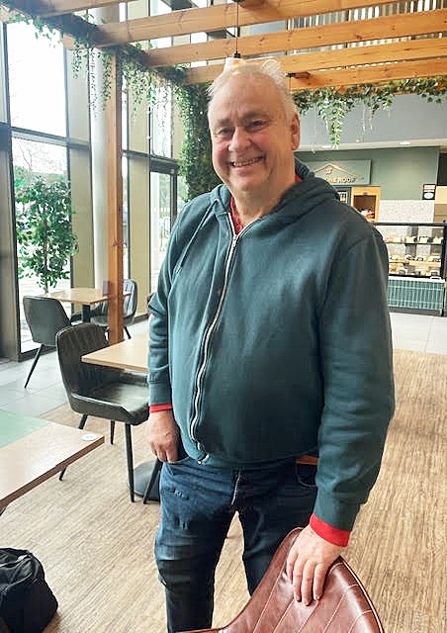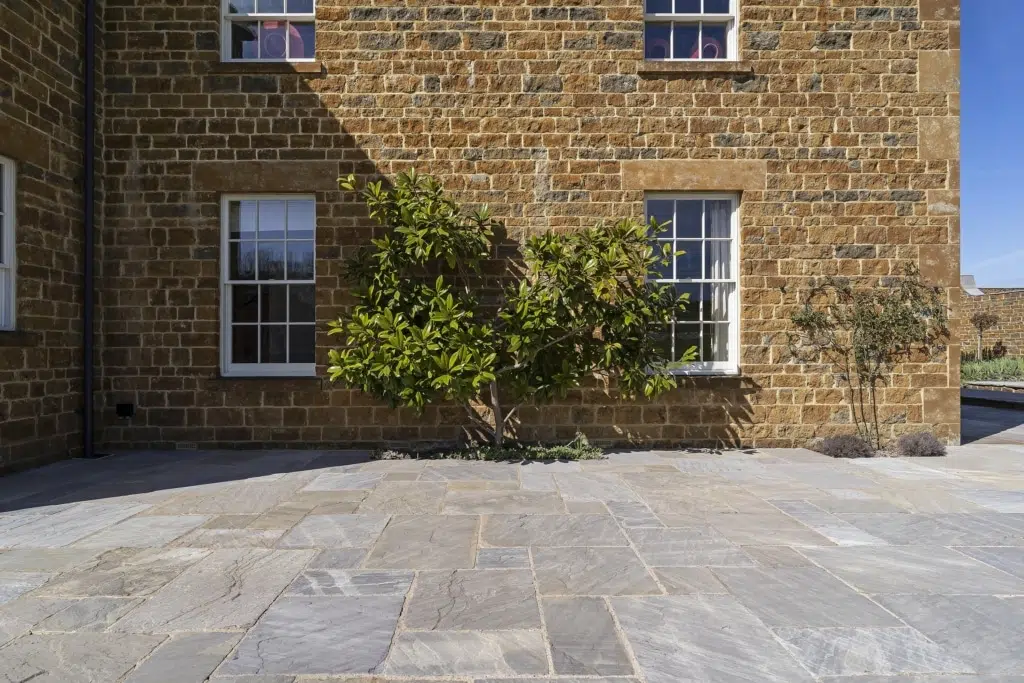The building of a new £17.5million National Brownfield Institute (NBI) in Wolverhampton has moved a step closer after a planning application was submitted for it on the University of Wolverhampton’s Springfield Campus with the City of Wolverhampton Council supporting the University with its plans and final evaluations and, subject to planning approval being granted, it is hoped works will start on site later this year.It comes just two months after the announcement the scheme is to receive £14.9million of funding from the Government’s Get Building Fund for the West Midlands.
The city council worked closely with the Black Country LEP and West Midlands Combined Authority to secure the funding for what will be the flagship of the University of Wolverhampton’s ongoing £120million Springfield Campus development.
The NBI, designed by Associated Architects, will research and develop new construction methods and ways of regenerating contaminated land.A request for the remainder of the funding required forms part of the city’s bid to the Government’s Towns Fund.
The 12-acre Springfield Campus is already home to the Thomas Telford University Technical College, Elite Centre for Manufacturing Skills and the School of Architecture and Built Environment.These facilities combined with the NBI will lay the foundation for the delivery of a National Centre for Sustainable Construction and Circular Economy, which will focus on sustainability and the climate change emergency.
The NBI will be a world-class institute that provides the facility to develop advanced skills, technologies and methodologies through innovation and partnership with the construction industry; focuses on the practical application of future brownfield regeneration through the work of research teams; and leads policy development, research and innovation, and commercial services for brownfield regeneration.It will secure the City of Wolverhampton's position as a leader internationally in sustainable construction, circular economy and brownfield development and will deliver new skills, jobs and opportunities for local people in the city, which has been hard hit by the pandemic.
Councillor Stephen Simkins, City of Wolverhampton Council Cabinet Member for City Economy, said: “It is great to see things moving at pace to bring forward this game-changing scheme for the City of Wolverhampton.
“We have seen the University’s Springfield Campus blossom into the reality of a European-leading Built Environment education campus.The addition of the National Brownfield Institute will make Wolverhampton a world leader in construction, regeneration and built environment, offering teaching and skills development, cutting edge research and innovation, and enterprise and business engagement through multi-sector partnerships.
“Most importantly it will deliver new skills, jobs and opportunities for local people in the city.It is all part of the multi-billion-pound investment on site or planned in our city – a city of opportunity – as we look to bounce back from the impact of Covid-19.”
University of Wolverhampton Vice-Chancellor, Professor Geoff Layer, added: “It’s wonderful to see the planning application for the new National Brownfield Institute being submitted so quickly. As one of the shovel-ready projects announced in the recent Government’s Get Building Fund, we are keen to get the project off the ground.
“The NBI will be integral to the way we look at land remediation and regeneration across the Black Country and the UK and will play a pivotal part in unlocking industrial land to help tackle the housing shortage in our towns and cities.
“This is a great example of taking knowledge and teaching beyond the classroom and into the community. Not only will the Institute be crucial in developing innovative and sustainable ways of remediation it will create a nationwide repository for brownfield sites and help businesses and entrepreneurs establish business related to the Brownfield development supply chain as well as helping to create a highly skilled and interdependent workforce operating across the land remediation sector within geoscience, engineering, planning, consultancy, contractor, architecture and the built environment sector.
“The Institute will be a fantastic addition to the £120 million Springfield Campus which is a key strategic project for the University offering an unrivalled built environment hub and centre of excellence which will be among the biggest and best in Europe. Alongside our partners, we are committed to realising the vision of the site and the part this will play in regenerating Wolverhampton as well as supporting the West Midlands Combined Authority to deliver its ambitious and compelling brownfield strategy. This is part of the City’s wider ambitions to establish a national centre for sustainable construction and the circular economy in Wolverhampton.”
Tom Westley DL, Chair of the Black Country LEP Board, said: “It is fantastic that the National Brownfield Institute project continues to move forward, thanks to the investment from Government but also testament to the hard work of all our project partners.
“The National Brownfield Institute will create jobs and support skills development across the area as well as provide an opportunity to showcase the innovative skills already here in the Black Country. The Black Country LEP is delighted to support projects such as these which are making a real positive impact on the local economy as our region looks to recover from the impact of the pandemic.”
West Midlands Mayor Andy Street, Chair of the WMCA, added: “The National Brownfield Institute is all about establishing the West Midlands as a global leader in the development and use of state-of-the-art construction techniques and in the clean-up and regeneration of derelict land.
“The NBI will be critical to the region’s economic recovery because, not only will it help us transform old industrial sites with new homes and modern business premises, it will also help give local people the modern construction skills they will need to gain employment and build these new schemes.
“This scheme is a key part of both our wider brownfield-first housing plan to continue our record house building whilst protecting the greenbelt, and our plan to get the West Midlands economy back on track by securing a green and inclusive recovery that offers local people the opportunity for a decent, affordable home, and a well-paid job in the industries of the future.”

















